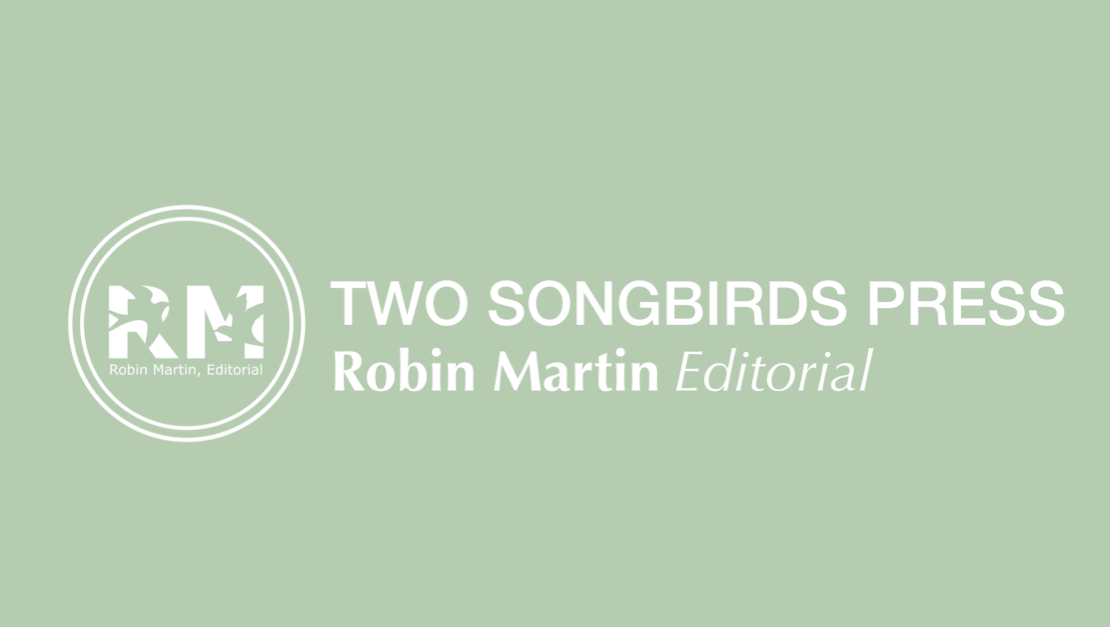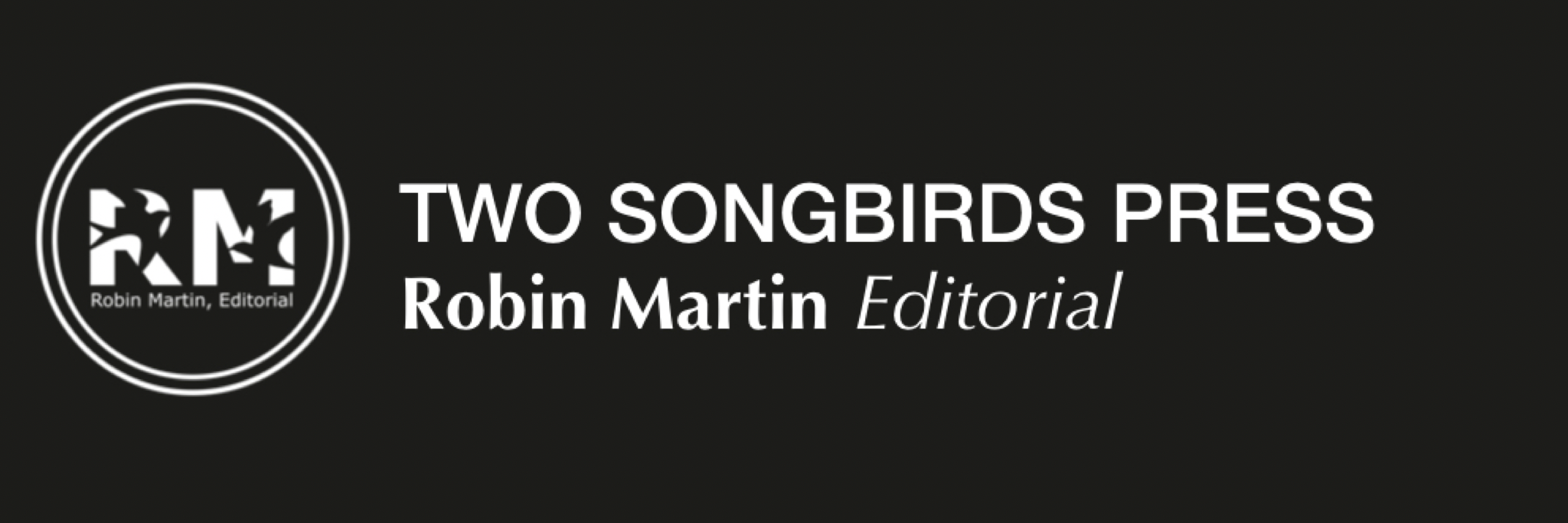- October 11, 2010
- Robin Martin
- No Comments

Currently, I have three clients working on picture books, so I’m sharing an article which is topical: This one is from 10/8/10 NYTimes.
Parents are saying, ‘My kid doesn’t need books with pictures anymore,’ said Justin Chanda, the publisher of Simon & Schuster Books for Young Readers. “There’s a real push with parents and schools to have kids start reading big-kid books earlier. We’ve accelerated the graduation rate out of picture books.”
If this is true, oh how sad! Parents push their children to get ahead and they (both the parent and the child) miss the enjoyment along the way.
Education is a journey, not a destination.
I suspect that, while parents may justify pushing their kids into reading as a way of making sure they don’t fall behind academically, the real reason behind it is more complex and has to do with the perception of time. Fewer parents are reading to/with their children; why take the time to sit and read a book to your kids when you have television to entertain them? This, in turn, leads to disconnected generations, over-commercialized kids, and, as I recently read in this non-profit parenting magazine, children who are less sensitive to sustainability and the needs of the earth.
 Skipping the picture book chapter of childhood is just a bad idea. As the article indicates:
Skipping the picture book chapter of childhood is just a bad idea. As the article indicates:
“Literacy experts are quick to say that picture books are not for dummies. Publishers praise the picture book for the particular way it can develop a child’s critical thinking skills…
Many parents overlook the fact that chapter books, even though they have more text, full paragraphs and fewer pictures, are not necessarily more complex. ‘Some of the vocabulary in a picture book is much more challenging than in a chapter book,’ said Kris Vreeland, a book buyer for Vroman’s Bookstore in Pasadena, Calif., where sales of picture books have been down. ‘The words themselves, and the concepts, can be very sophisticated in a picture book.'”
Picture books should be required reading. Particularly the good ones. However, it looks as though the major publishers and big-box booksellers are once again revealing that they are owned by (or are) big corporations that care not a bit about the value of the books they produce, choosing instead to focus on the profit margin.
From the article:
- At Scholastic, 5 percent to 10 percent fewer hardcover picture books have been published over the last three years.
- Of all the children’s books published by Simon & Schuster, about 20 percent are picture books, down from 35 percent a few years ago.
- “We see the stores displaying less picture books, and publishers are getting a little more cautious about signing up new projects,” Mr. Scieszka said. “You can feel that everyone’s worried.”




